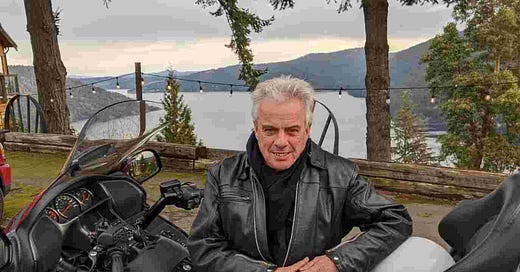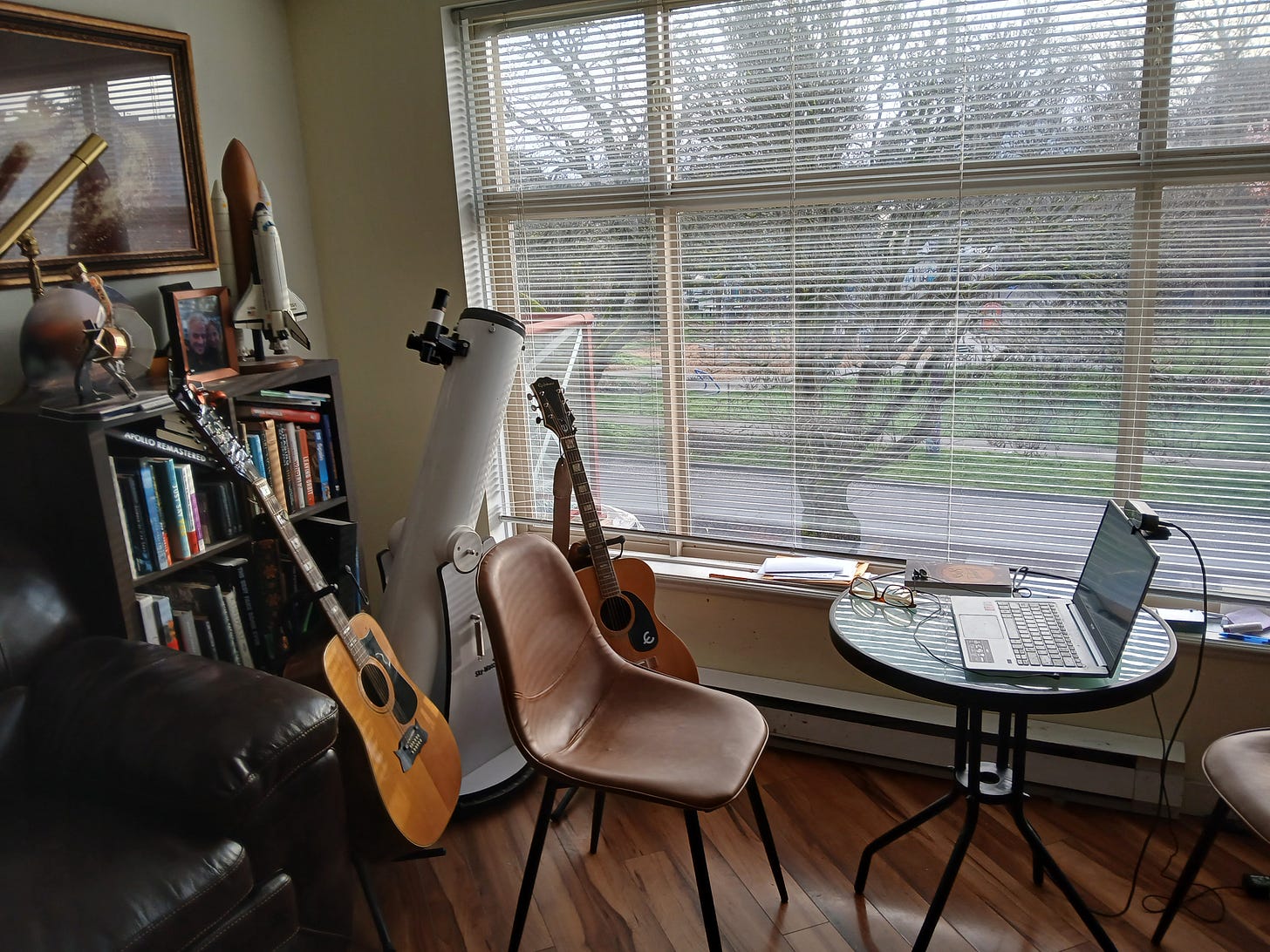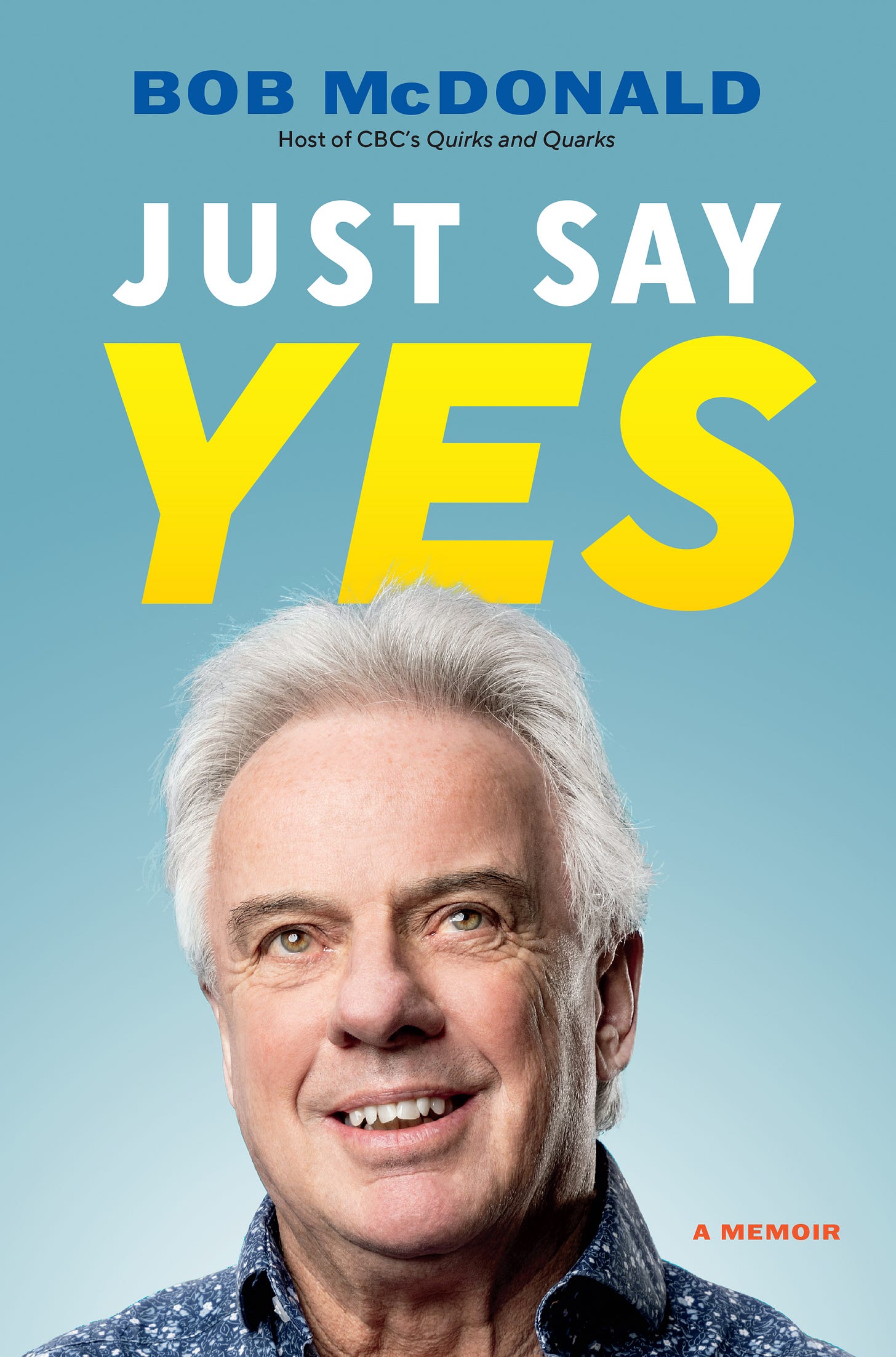Bob McDonald has been the host of CBC Radio’s Quirks and Quarks since 1992. He is a regular science commentator on CBC News Network and science correspondent for CBC TV’s The National. He has been honoured with the 2001 Michael Smith Award for science promotion from the Natural Sciences and Engineering Research Council of Canada, as well as the 2002 Sandford Fleming Medal from the Royal Canadian Institute for Science, and the 2005 McNeil Medal for the public awareness of science from the Royal Society of Canada. In November 2011, McDonald was made an Officer of the Order of Canada. He is the recipient of thirteen honorary doctorates and, in 2014, asteroid 332324 was officially named BOBMCDONALD in his honour. Just Say Yes: A Memoir was published in 2024 by Douglas & McIntyre.
Describe your writing space. What do you love about it?
Currently, I live alone in a condo so my writing space is by the front window overlooking a park. When I owned houses I did have writing rooms that were only for that purpose and in my early days, I borrowed cottages from friends during the off-season where I would isolate myself for a week to do nothing but the book. Those were the most productive experiences because I would tell everyone I was away and not to bother me. In isolation I could take a walk in the woods, paddle a canoe or play my guitar to think and just let the words flow when they were ready. Time did not matter.
How important is it to have ‘a room of one’s own’?
A space dedicated just to writing is apart from the rest of the house. When
you close the door you are removed from all the distractions such as laundry that needs to be done, dirty dishes or other household chores that eat up time and provide poor excuses to procrastinate.
“Closing the door on the writing room is the equivalent of hopping on a bus to work. You are no longer home.”
Any rules for when you’re in this ‘space’?
Don’t bother me unless it is important. Try not to do anything else when writing. Avoid getting trapped surfing the internet.
What is your writing practice like?
I write in silence, no radio or music playing in the background and importantly, don’t begin writing until I’m ready. Sitting down in front of a keyboard too early is a waste of time because the words haven’t organized themselves in the brain. First, I have to gather a body of information that I want to communicate, then think of a format or structure. For example, my kids books are based on questions kids might ask. Adult books may incorporate my personal experiences as introductions to different science topics. There is a moment when I’ve thought about it enough, done enough research and am ready to write. Then the magical flow begins where it feels like there is a pipeline of words streaming down from the universe that enters through the top of my head, flows down my body and out through my fingertips onto the keyboard. It is a wonderful feeling. Sometimes I don’t know where those words and phrases come from, but I try to keep that flow going as long as possible.
Do you quantify your process by word count or hours spent writing?
Time is the most important element. I cannot insert a little writing time into all the other tasks that fill up a day. I take big chunks o
f time and clear space to write. It is like taking a holiday where you go to another place, except this place is in the mind. Time and space… even Einstein said they go together. Word count only matters when I have written what I want to say.
What is your creative process like?
A lot of time is spent thinking and talking to myself before sitting down to write. I have to imagine an approach to the topic that is my way of thinking and hopefully the reader will enjoy. I imagine the format like a matrix with spaces I have to fill in. For example, Canadian Spacewalkers was in the astronauts' own words. The Future is Now, solving the climate crisis with today’s technologies came out of frustration with all the bad news stories coming out of the environment, so I decided to take a positive look at the future of green energy. Just Say Yes was a memoir that came from people always asking me about my background, so I relived my life from childhood, which was a very cathartic experience.
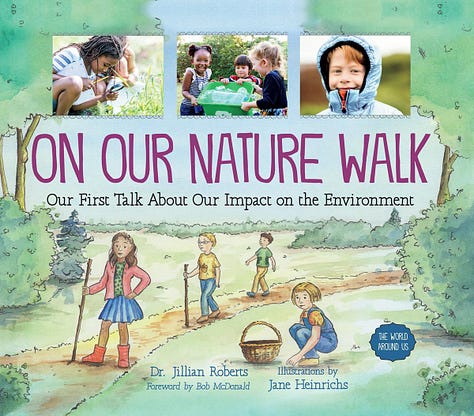
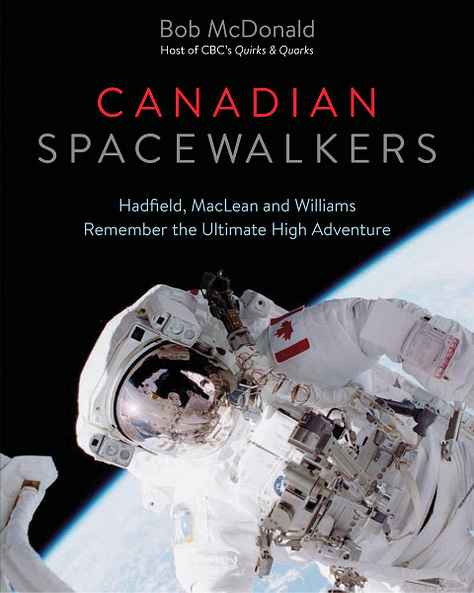
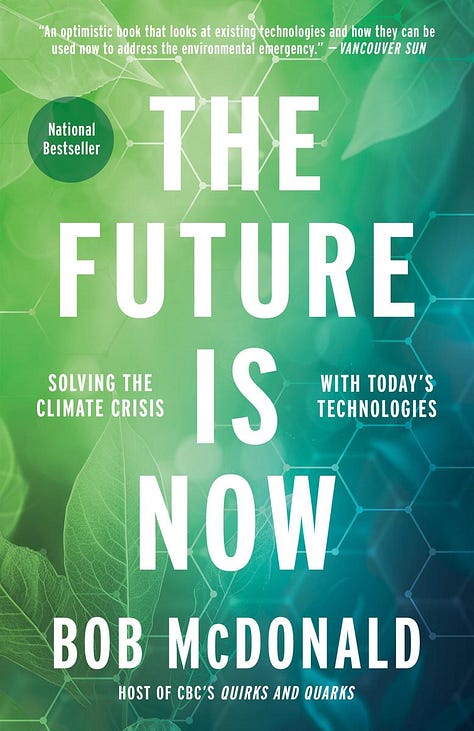
What is the easiest and most difficult part of the process for you?
The easiest part is simply knowing what I want to say and saying it. The difficult part is fighting procrastination and finding big chunks of time to let those words appear.
Why do you write? What do you love about writing?
Writing is a way to reach out to the world and have an impact on them in some way, whether it is to make them laugh, fill them with wonder or provide a perspective on the world they may not have thought about. It is also very fulfilling to actually hold the finished book in your hand when it first comes out and even more rewarding when someone asks you to autograph a copy. It is also amazing to realize your books will out live you. They are your little mark you left on the planet.
How do you manage writing with other demands on your time?
I live by my google calendar, which is different every week. Interviews for Quirks & Quarks are scheduled at different times, so are my speaking engagements and other projects. When I see a big space in the calendar, I can schedule book time in. I also make sure playtime is part of it because there is more to life than work. Riding my motorcycle, sailing, traveling refreshes the brain cells.
What has influenced you most as a writer?
Since my topics are science based, I have been influenced by poetic scientists I have met, such as the late Dr. Carl Sagan, people who have been to space, those with a sense of wonder. I’m also inspired by what science sees, whether it be mysteries in the centre of a black hole or conditions at the centre of the Earth. It is all awe inspiring.
Do you want each book to stand on its own, or are you trying to build a body of work with connections between each book?
My books are all different, although I often include some of my personal experiences in many of them to make the science more palatable.
Best advice you’ve ever been given.
An editor handed back a manuscript with changes and said, “Don’t give me another book. Just make the changes.” It has saved me a lot of time because every time I re-read my writing I want to make it better, but the book would never get done. I have learned to trust the editors.
What does success look like to you?
Several of my books have been best sellers and I have filled theatres during book tours. That is a wonderful indication that I did something right.
Tell us a few things that would surprise us to learn about you: the person, the writer.
I’m not officially educated to be a writer. I am a university dropout and didn’t go to journalism school. I have been encouraged to write by people who believed in me, suggested topics I could write about and provided encouragement along with positive feedback during the process. I take work seriously, but play is important too. Travel is the best education you can get. I have been fortunate to circle the globe and found there is far more to see than you can squeeze into a lifetime.
What can books teach us? How do they change us?
I like to point out that a prize possession of Jean Luc Picard, captain of the Starship Enterprise, is a leather bound copy of the complete works of Shakespeare.
“Books can become companions that we take through life.”
What was a transformative book for you in your life?
When I was eight or nine years old, my mother gave me a book called The Planets part of the Golden Books of Knowledge series. It contained realistic illustrations of all the planets in the solar system and showed me that the Earth is just one of a family of planets and all the others are very very different. I read that book over and over again, imagining what it would be like to visit those distant worlds. It later became an exquisite privilege as an adult to be a journalist at NASA Mission Control when robots were sent to those planets and we saw them in closeup detail for the first time. I still have that book.
Which authors, living or dead, would you most like to discuss writing with?
I regret not having met science fiction author Arthur C Clarke. He is famous for 2001 A Space Odyssey but he also wrote many other novels including Islands in the Sky, which inspired me as a kid. It is the story of a young boy who wins a trip to the space station. This was written before the space age even began, but Clarke as a scientist was very good at predicting future technology and he got a lot of things right. I would have liked to talk about where he thinks civilizations could go from here.
Who are your favourite writers writing today?
I have to read a lot of books for my work so it is hard to pick because there are so many good writers. My recreational writing is totally escapist. Canadian science fiction author Robert Sawyer takes me through space and time, Clive Cussler takes me on thrilling spy adventures.
What books are you currently loving?
I am in the midst of a list of science books for my work which I have to scan rather than read because the deadlines are short. But I do get to interview the authors and that is when it becomes really interesting. Check out the Quirks & Quarks website where you can see what I’ve been reading.
If you were a bookseller what 5 books would you hand-sell to readers and why?
I would start with the Canadian Bestseller list.
What advice do you have for writers?
Give it time, lots of time. Writing a book takes longer than you think and that’s because you have to think a lot and thinking takes time.
Thank you Bob.

